The cannabis industry is one of the most profitable in the world today. It is therefore quite common for less scrupulous growers to use all kinds of pesticides to maximise their harvests and earnings. Unfortunately, these pesticides remain present in the finished product sold on to the consumer.
An entire book would not be enough to list all the reasons to avoid the use of pesticides, but the impact on health is the most obvious. If cannabis is being grown for therapeutic or medicinal purposes, then this is even more pressing a concern. Cannabis should be kept as far away as possible from chemical products in order to ensure its quality and non-toxicity is assured. There are many alternatives to pesticides, based on the principles of permaculture, which work very well. Through such natural techniques, plants remain healthy and the soil is not damaged.
What happens when pesticides are used?
Chemical pesticides are certainly very effective and destroy pests very quickly, but the price to pay for this precision is too high. Nearly 70% of pesticides present on a cannabis plant are known to end up in the body of the person who smokes it. These can be potentially dangerous chemicals that enter the body via a combustion process… The gravity of that speaks for itself.
Unlike the tobacco industry, which is heavily regulated for pesticide use - for precisely the above mentioned reasons - the cannabis growing industry, largely because it is still illegal in so many places around the world, does not enjoy the same level of scrutiny or regulation. This has enormous and potentially dangerous effects for the consumer.
However, it is that one chooses to enjoy cannabis - be it through edibles or inhalatory methods - there is no reason to accept in a joint, vaporiser or cake what one would refuse in a cut of meat or bowl of salad. The insidious nature of commercial pesticide ingestion or inhalation, is that using it only once doesn’t cause death or immediate disease, but its long term exposure is now known to cause innumerable chronic diseases in those who are exposed to a lot of it, especially through smoke inhalation, with the most extreme cases resulting in anything from sterility to cancer.
Indeed, because inhaling pesticides found in smoke is even more harmful than ingesting those found in food, it has been compared by some researchers to, in effect, be tantamount to # injecting these same substances intravenously. In fact, the natural filters used by the body to protect itself when toxins are eaten, are not available when the same toxins are inhaled. In addition, it becomes even more damaging when the product in question is a cannabis concentrate, for example oil or dabs.
Unfortunately, money into scientific research has not yet been spent to focus on the effects of pesticides on cannabis, especially as it is still illegal in so many areas around the world. Thus, there is no lobby of worried consumers as there is in the food and wellness industries. Given the exponential growth of the cannabis industry, and especially its increasing use and benefit medicinally, it is essential to be aware of the deleterious effects of pesticides on cannabis and the human body. Growers will be happy to know that there are safe, alternative ways to deal with pests without turning a garden or grow room into a chemical plant.
How to get rid of pests without pesticides
Permaculture is a world unto itself, but all it takes is a little information and common sense to create a cannabis garden free of pests and pesticides. Any garden or growing space, truth be told, can benefit greatly from these techniques, regardless of what is being grown - be it cannabis, corn or cucumbers. And contrary to popular belief, it's actually easier to control pests outdoors than indoors. The environment forces plants to resist more effectively, while their siblings who grow between four walls are more fragile due to their lack of adaptation.
Use friendly plants and natural predators
The use of friendly plants and natural predators is one of the basic principles of permaculture. Fragrant plants like geranium or marigold work wonders near cannabis plants because their smell repels certain insects. Ladybugs, on the other hand, love to feed on the larvae that live in the soil in which cannabis plants grow.
By installing a bird feeder in the garden or growing area, for instance, insectivorous birds will happily feast on those pests that can be such a danger to the crop. It is worth noting, however, that it is very important to leave the feeder empty during the germination period, because certain birds, such as sparrows, love to eat seeds as well.
Soil sterilisation and fertiliser
If growers don’t sterilise their soil and fertiliser, then they run the risk of having small larvae infesting everything. When this happens, and this is even more true indoors where there are no predators to take care of them, big problems can be expected when such pests grow and develop
Using animal urine to deter larger unwanted animal predators from cannabis crops
Bare ( or perhaps “bear”) with us here… Everyone has, at some point, seen a dog urinate to mark its territory. This is a technique that can be used to protect a garden or outdoor growing space from certain predators, such as deer or wild boar etc. Whilst getting a canine to urinate around the crops is not the suggestion here, the principle of marking is a sound and often used one. With the urine of an animal that predators dislike, these larger “pests” can be kept at bay. Using bear urine is a very popular natural deterrent, and innumerable preparations can be purchased on the Internet or in many permaculture stores.
Organic repellents
Creating organic repellents is both easy and cheap. For instance, a mixture of clove oils, cinnamon and coriander will repel almost all insects to some extent. And, like pesticides, they can be fully absorbed into the plants, but without any danger later on to either the consumer or environment. In fact, this is a favoured method of many a grower.
Last resort
The use of chemical repellents should only be used as a last resort, and only sprayed around the garden rather than directly on the plants. This is a proven effective method. The principle here is that it acts as a force field that no insect can cross (they will either turn back or die). This is not a recommended method, since it still requires the spraying of chemicals into the atmosphere. However, as a last resort it can be utilised, without damaging the plant too much.
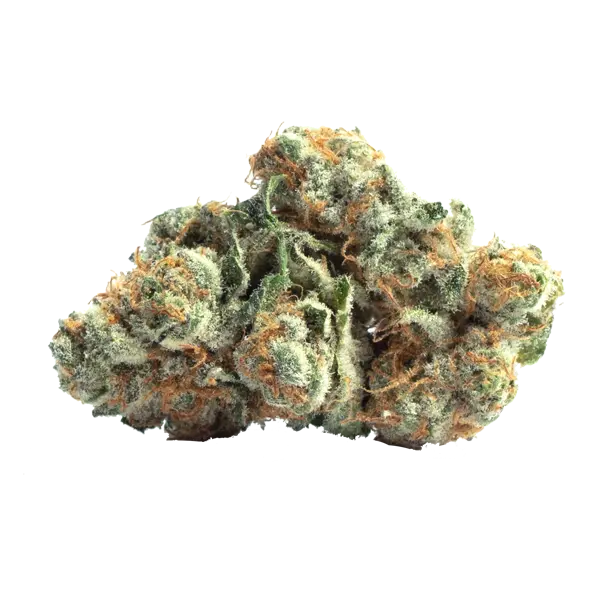


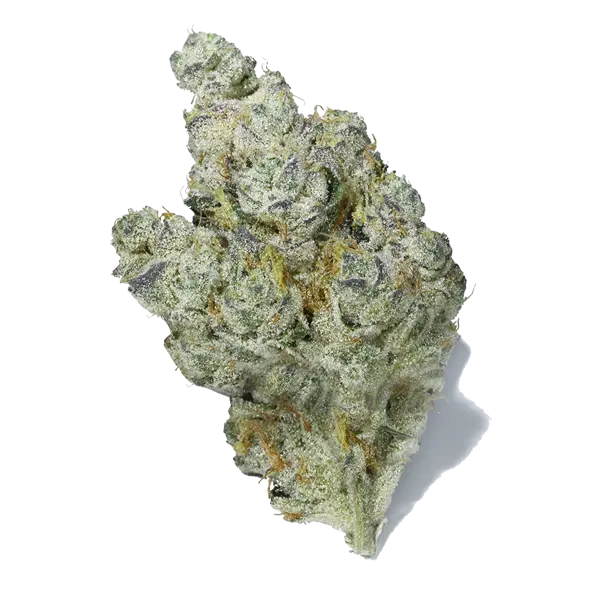
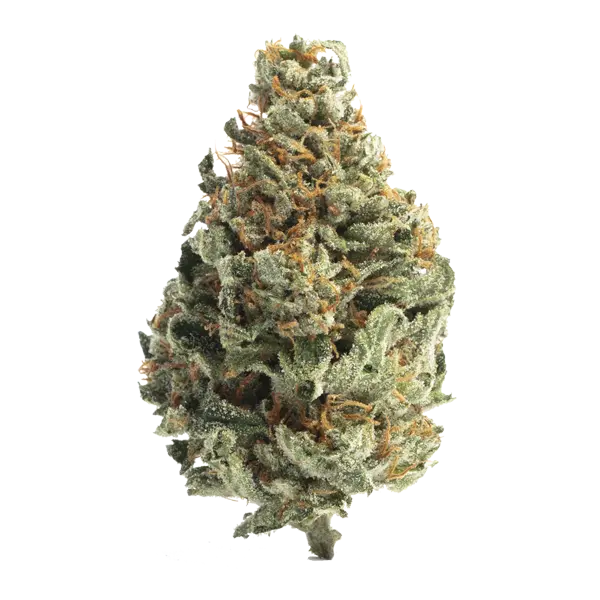
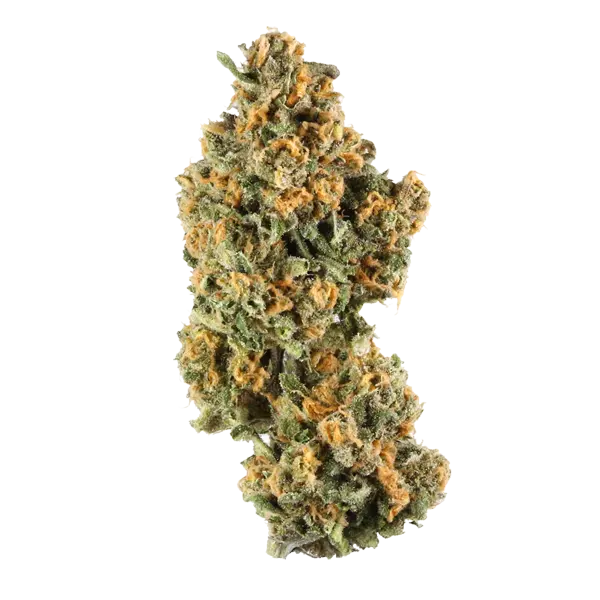

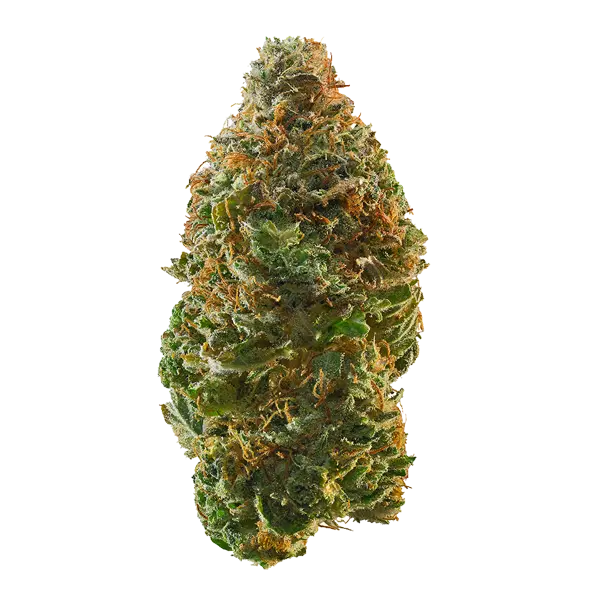

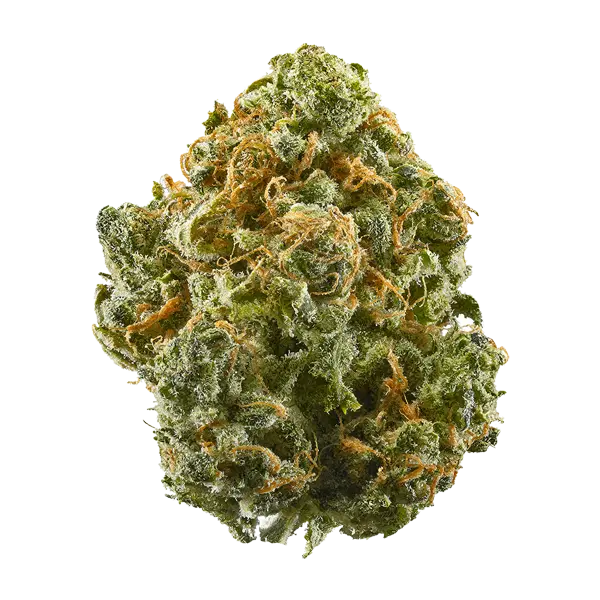

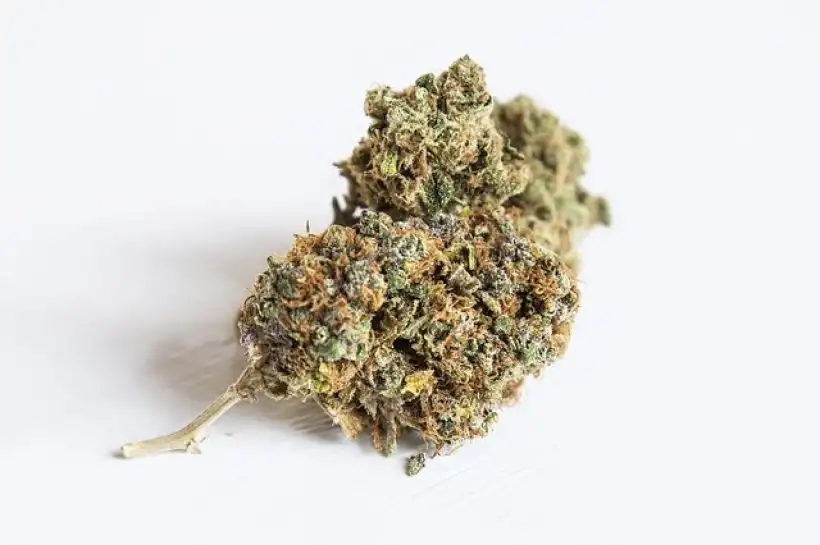





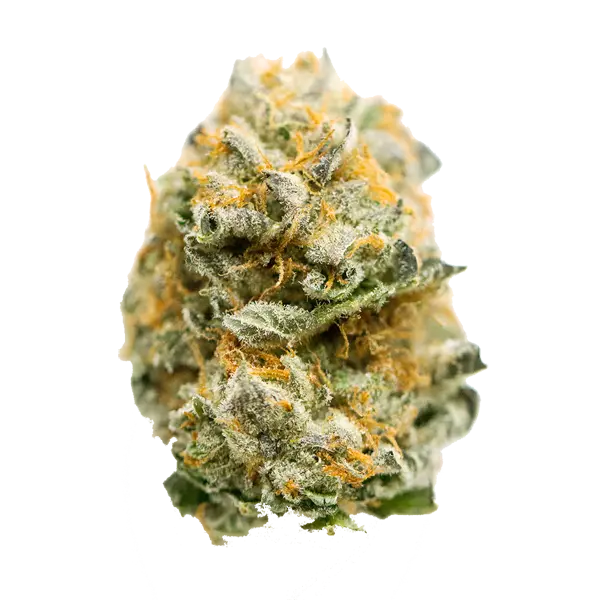
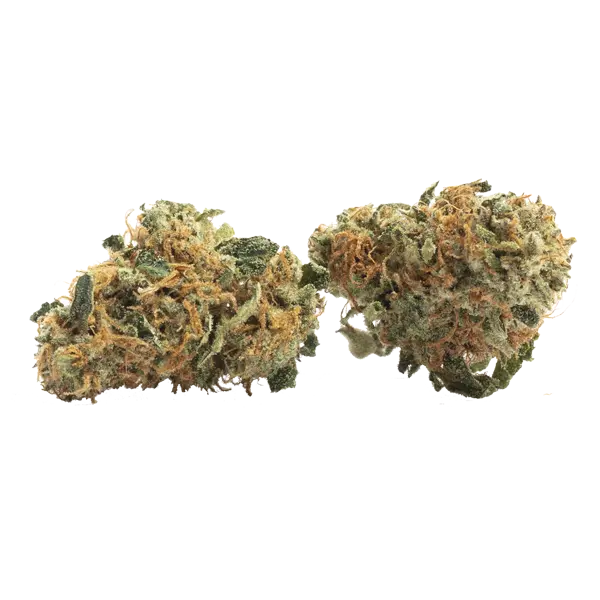
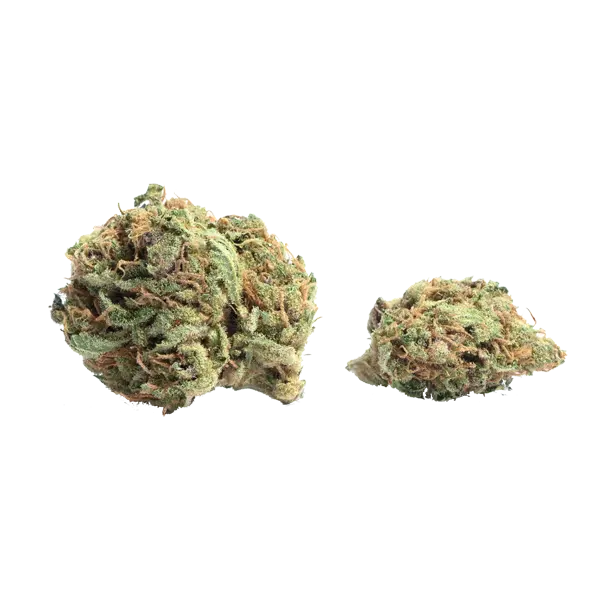







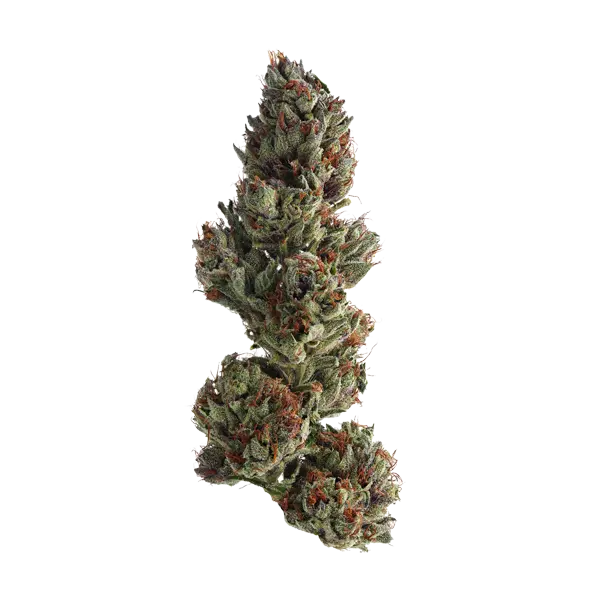



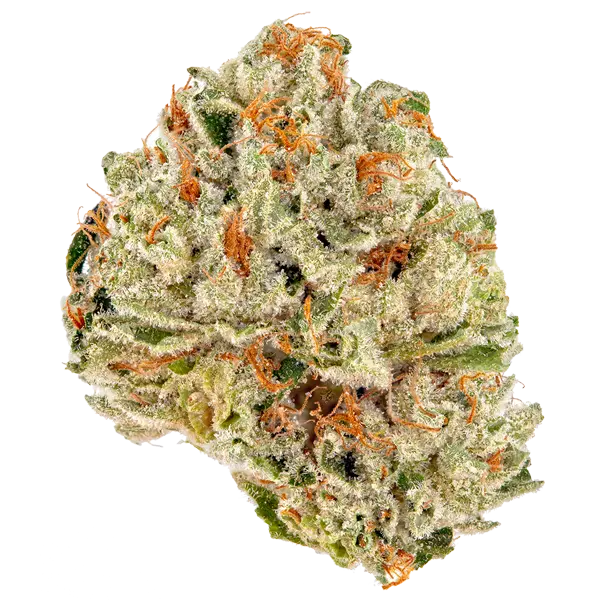
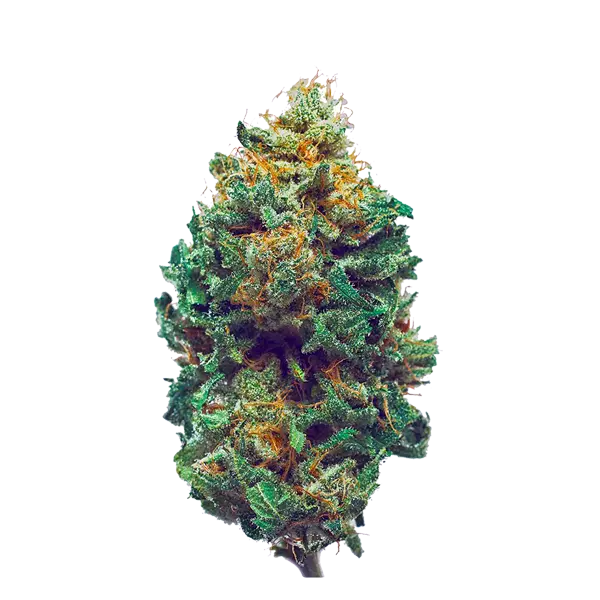
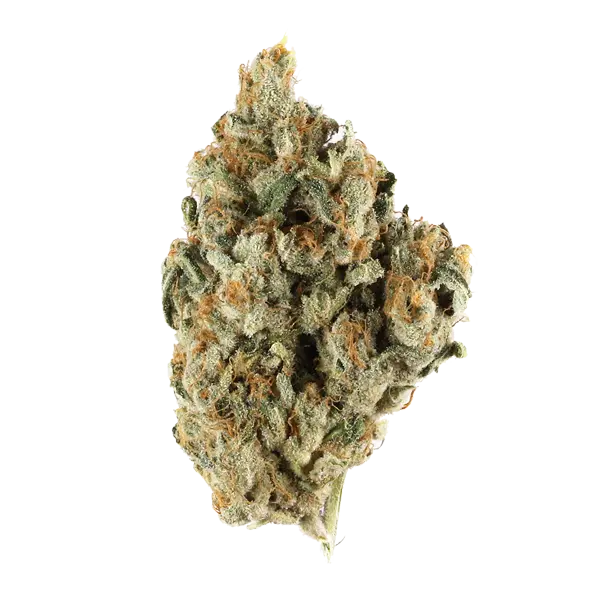

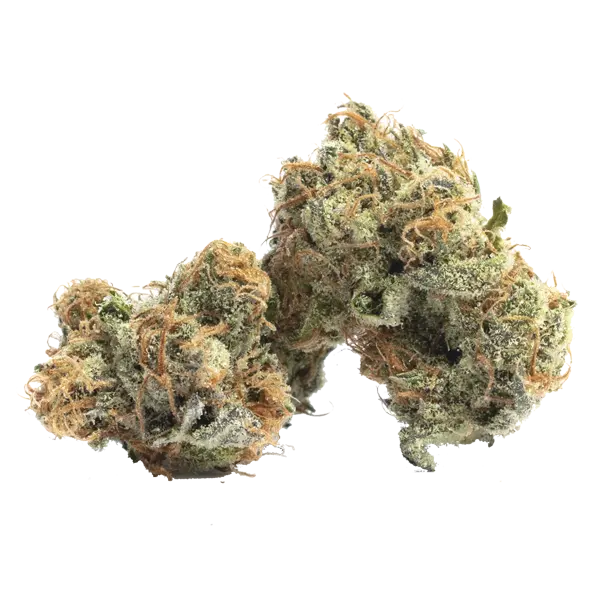
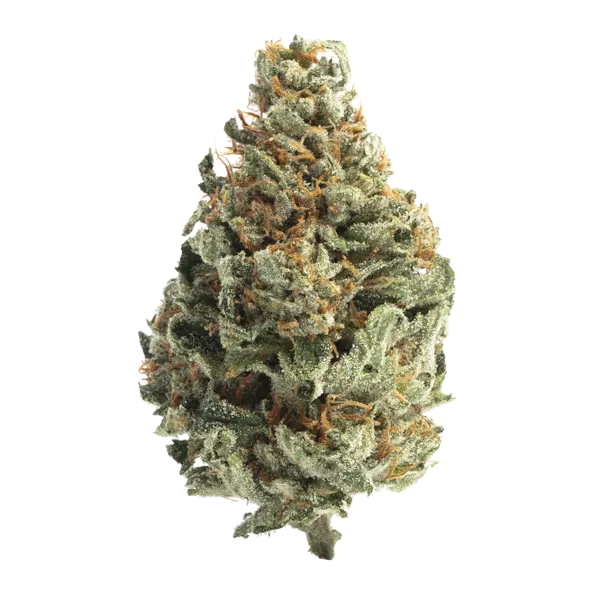
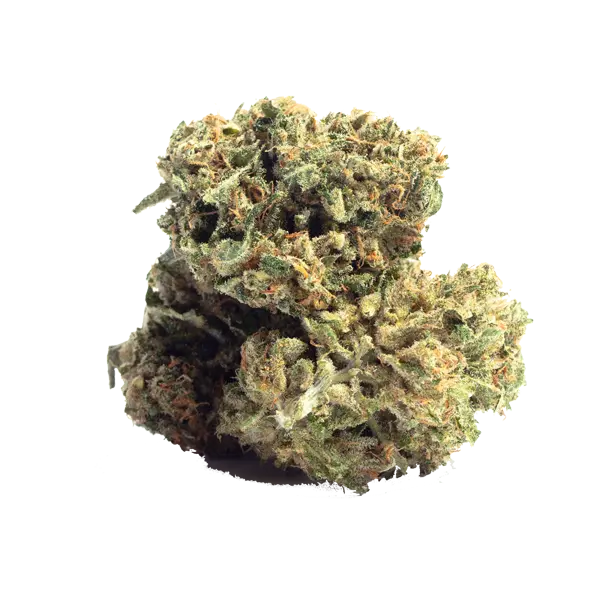
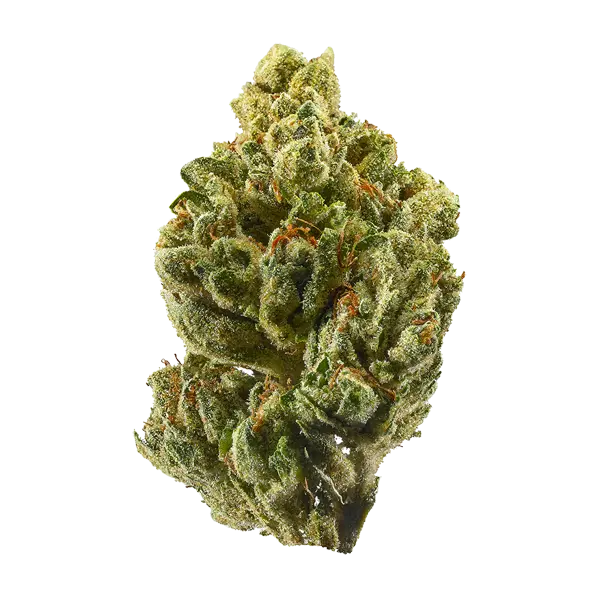
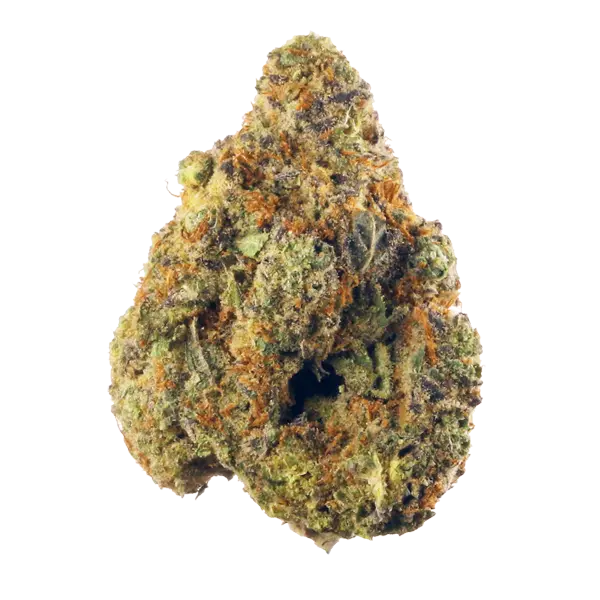
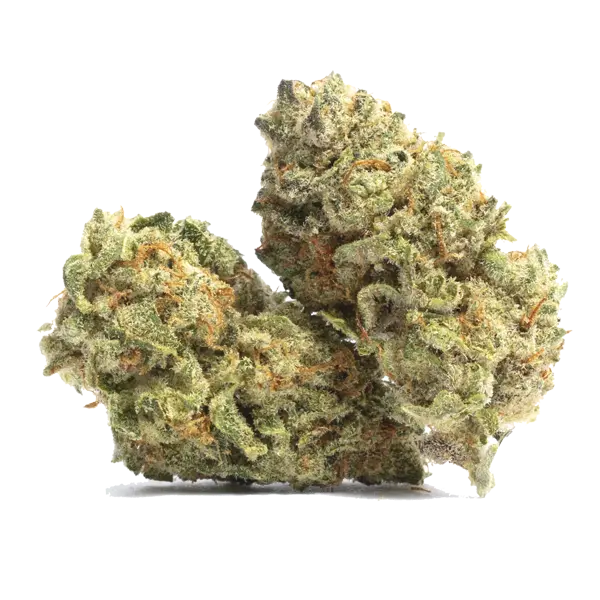
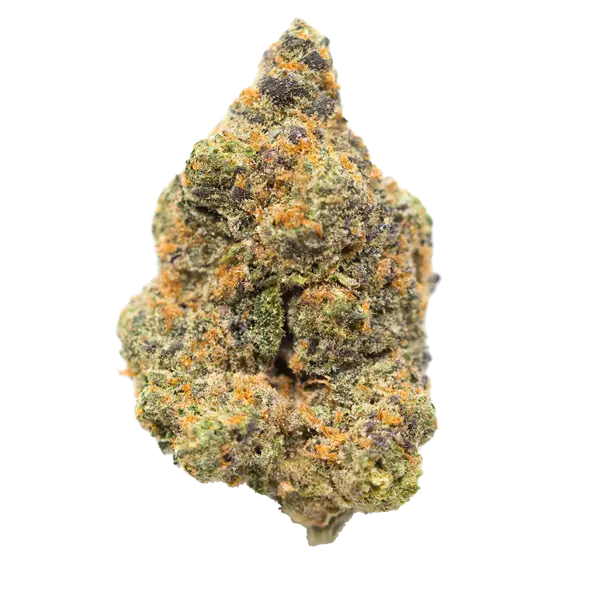
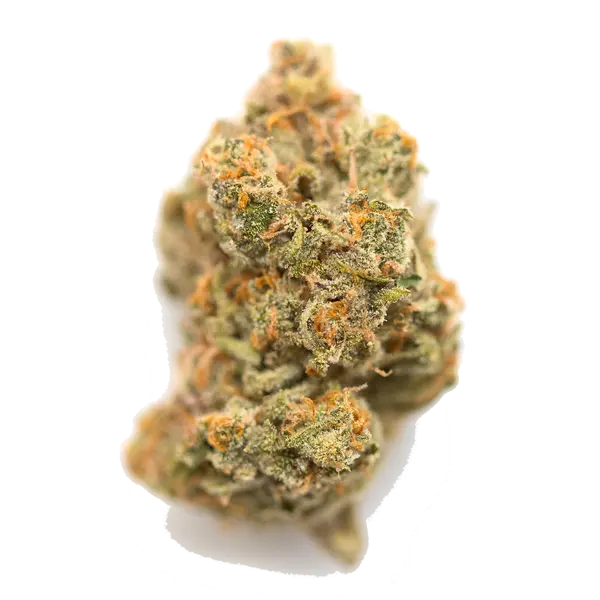
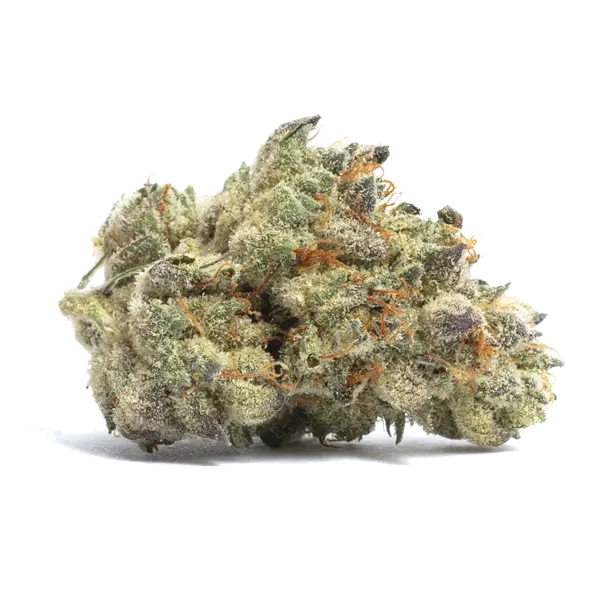
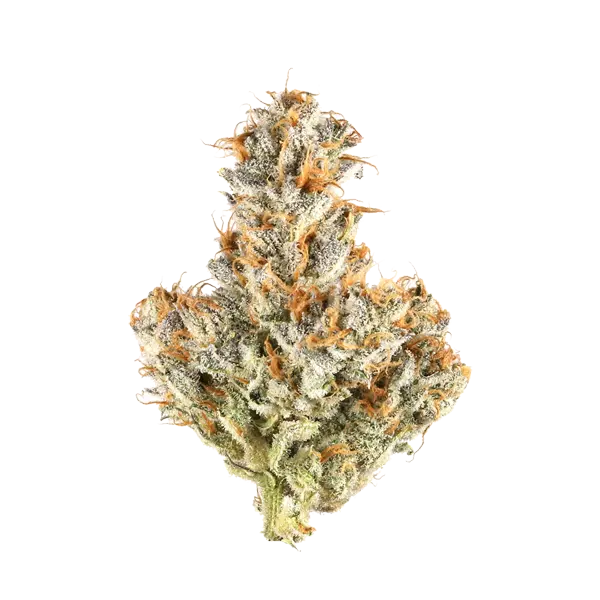
















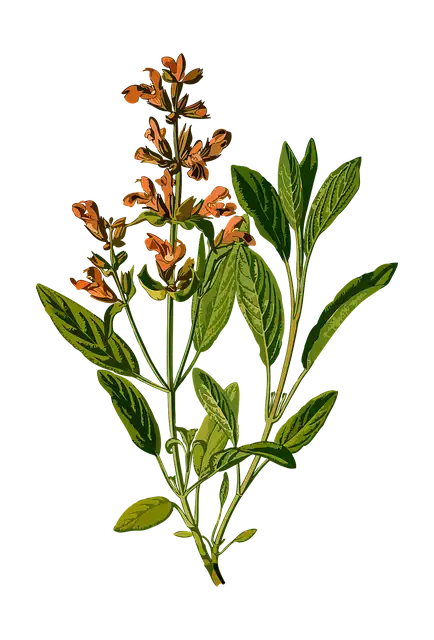

 Can CBD Tone Down the Psychoactive Effects of THC?
Can CBD Tone Down the Psychoactive Effects of THC? Cannabis and Hops: Two Branches of the Same Family
Cannabis and Hops: Two Branches of the Same Family








